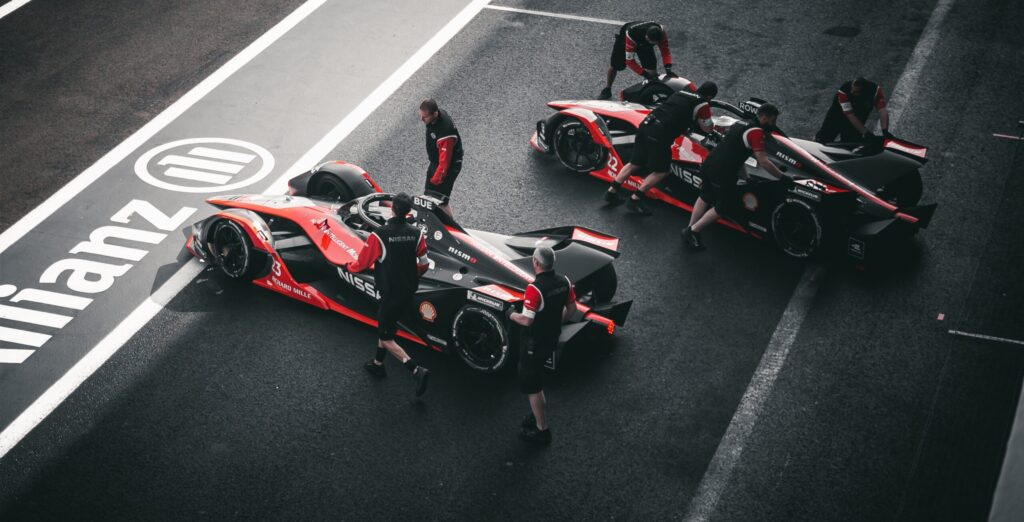Up until the late 1980s, CEO Syndrome (when a company sponsors horse racing simply because the CEO is passionate about it) was the main cause of why sports sponsorships fail.
While sports sponsorship decision-making will always have a level of subjectivity, growing accountability to stockholders and stakeholders have resulted in a more professional approach to sports sponsorship.
However, even if more complex than in the past, there are still a number of recurring reasons why sports sponsorships fail.

Greenwashing: whether it is an environmental tie or sports tie unless the sponsor is genuinely seen as integrated and aligned to the sponsored property, the power of that relationship can easily backfire. Don't sponsor green, unless you are green.
Signing the check and dropping the ball: some companies, particularly the ones that are sponsoring for the first time, tend to think very short-term. They spend pretty much all the budget on buying the marketing rights and hope that some brand visibility and a couple of social media posts will dramatically increase sales or brand preference.
Property hopping: one-year commitments are generally of dubious benefit. The learning curve in sponsorship is longer than in other media and sponsors usually don't know in the first year how to maximise the assets they have got. The relationship with the property also takes time to develop and only after a certain period there is a mutual understanding of each other needs.
Failure to sell internally: leveraging a sports sponsorship, from the brand side, requires coordination and collaboration amongst several departments: marketing, brand, communication, digital and creative. It is crucial that before signing a sports sponsorship deal, everyone inside the company is aligned and willing to put in the effort required.
Too many little sponsorships: it is generally much more effective to build brand equity by concentrating sponsorship funds than spreading them around. Many times companies are so eager to enter into many sports to buy very limited marketing rights in each sport that they will struggle to leverage.
Avoiding these mistakes is not as straightforward as it seems, which is why there are experts who support brands navigating the sports sponsorship ecosystem.
This is original editorial content from Drive Sports Marketing, an agency specialising in Formula 1 sponsorship, Formula E sponsorship, MotoGP sponsorship, and WEC sponsorship.







